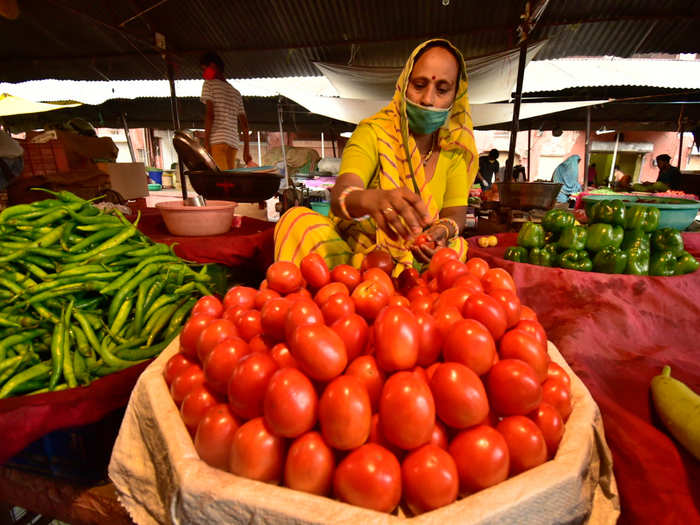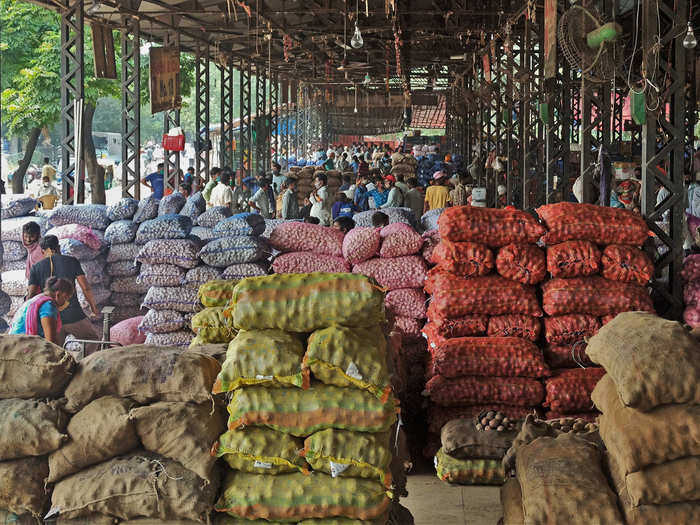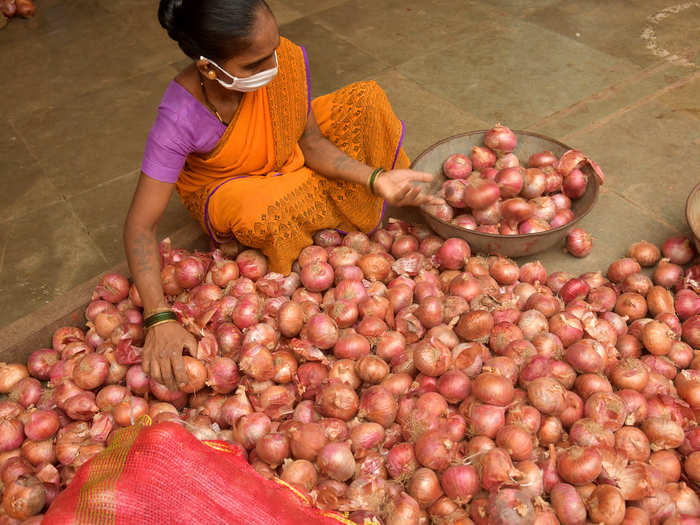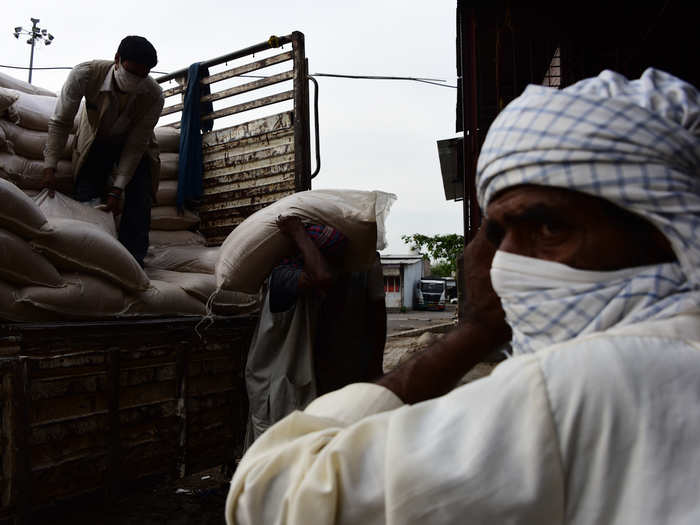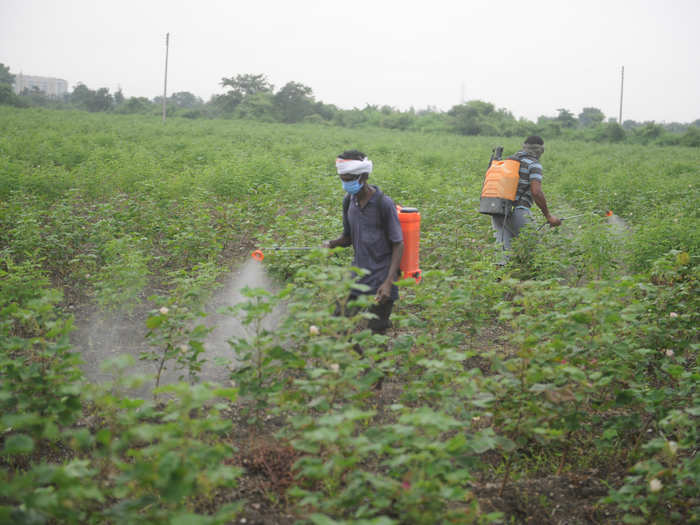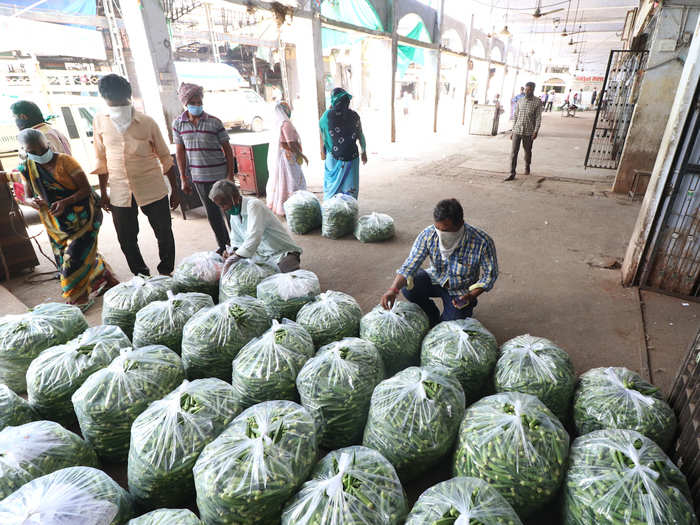BCCL
- The point of this article is to explain why India’s farmers need not fear the new laws and instead adapt to changes.
- While taking the control away from these agents, the government must also ensure that the gap is filled with foolproof mechanisms to ensure timely payments to farmers to avoid any cash crunch.
- The truth is that every government in power in the last couple of decades has wanted to free up India’s agricultural market and the parties in opposition have protested against it.
The point of this article is to explain why India’s farmers need not fear the new laws and instead adapt to the changes. However, just passing these laws won’t be enough. The success of liberalising the farm market will hinge on effective implementation, constant monitoring and timely action.
The Bharatiya Janata Party (BJP) government led by Prime Minister Narendra Modi has got two bills — the Farmer’s Produce Trade and Commerce (Promotion and Facilitation) Bill, 2020 and the Farmers (Empowerment and Protection) Agreement of Price Assurance and Farm Services Bill, 2020— that aim to liberalise the farm sector passed in the Parliament.
However, this has led to a political slugfest amidst a raging pandemic and debilitating economic slowdown. Members of Parliament from opposition parties and state governments, particularly those ruled by the rivals of the BJP, are looking to stoke hysteric protests citing farmers as their cause.
“I want to assure farmers that the minimum support price (MSP) and APMC (Agricultural Produce & Livestock Market Committee) will continue. These will never be removed at any cost,” Union Minister Rajnath Singh said.
The truth is that every government in power in the last couple of decades has wanted to free up India’s agricultural market and the parties in opposition have protested against it.
Here’s a look at the myths that have triggered the latest protests and the arguments against them.
Myth 1: Competition is bad for farmers
BCCL
Nope.
States want to keep their control on agricultural markets while the new Acts are a push to liberalise them. “When you create competition for their produce, the price improves. There are more buyers, more choices. They will get the benefits of that. Whether you have one buyer or ten buyers for a service makes a difference,” Ashok Gulati, former chairman of the Commission for Agricultural Costs and Prices (CACP), told Business Insider
in an exclusive interview in May 2020.
Myth 2: APMC Mandis will be abolished
BCCL
The APMC regulates the mandi (marketplace) where farmers bring their produce, and therefore, guarantees that they receive the promised minimum support price (MSP). The Modi government has assured that APMCs will continue to exist. Only the farmers have the freedom to not go there.
The opposition including the Congress— which itself had promised to remove the APMC monopoly— is now stoking fears that farmers will lose bargaining power to big corporations in the absence of APMC as the guarantor of MSP.
Congress leader and former Finance Minister P Chidambaram has now argued that the new Acts must say that the private purchaser shall not pay the farmer anything less than the MSP. That would be a safety provision but that won’t amount to ‘liberalisation’.
Myth 3: APMC ensured farmers got MSP
BCCL
Not always. Not everywhere.
Farmers get the assured minimum price in states like Punjab and Haryana, where the government buys nearly the entire produce. However, in many other states like Tamil Nadu, Karnataka, Uttar Pradesh, and Rajasthan to name a few, farmers are known to often sell below the MSP.
Many APMCs also levy an additional charge for entering the market. The money is meant to improve the infrastructure and make the mandi more efficient. Nothing could be farther from the truth. In reality, it is just another rent with no accountability.
Myth 4: Middlemen are essential
BCCL
Not entirely true.
Prime Minister Narendra Modi has now said that, “for decades, the Indian farmer was bound by various constraints and bullied by middlemen. The bills passed by Parliament liberate the farmers from such adversities.”
However, that has not been the BJP stance always. “There will be many defects in our job system, which need to be corrected, but you cannot deny that there is a trust relationship between the arhtiya (the APMC agent) and the farmer. Banks have ATMs now but traditionally, the arhtiya has been the farmer’s ATM. If the farmer has to marry the daughter... have to educate the child, buy medicine for the father, he goes straight to the adhitya in the mandi,” said the late Sushma Swaraj in her scathing speech in Parliament in the debate over foreign direct investment in multi-brand retail. She was speaking as a member of the Bharatiya Janata Party (BJP) against allowing FDI.
Myth 5: MSP helps all farmers
BCCL
Over 80% of all land holdings were small and marginal with less than 2 hectares of farm land and hence, most of them, far from selling, end up buying food for even their own consumption. In such cases, the rise in MSP actually hurts these farmers instead of helping them. The government assured price only helps a few large farmers.
However, the government is not doing away with MSP under the new laws.
Myth 6: The new laws will be enough to revive India’s farm sector
BCCL
The success of any free market depends on free and fair flow of information. The farmer has the option to choose a buyer but how will he/she know what a fair price is.
In April 2016, the government inaugurated what is called e-NAM, an online platform that connects all APMC markets for better price discovery. However, reports, as well as anecdotal evidence, suggest that it has not been widely adopted by farmers yet. There needs to be a coordinated effort to increase awareness and ease of access to e-NAM to ensure that the latest reforms are successful.
Indeed, the APMC mandis were not filled with good samaritans and neither is the MSP religiously enforced everywhere. But while taking the control away from these agents, the government must also ensure that the gap is filled with foolproof mechanisms to ensure timely payments to farmers to avoid any cash crunch.

